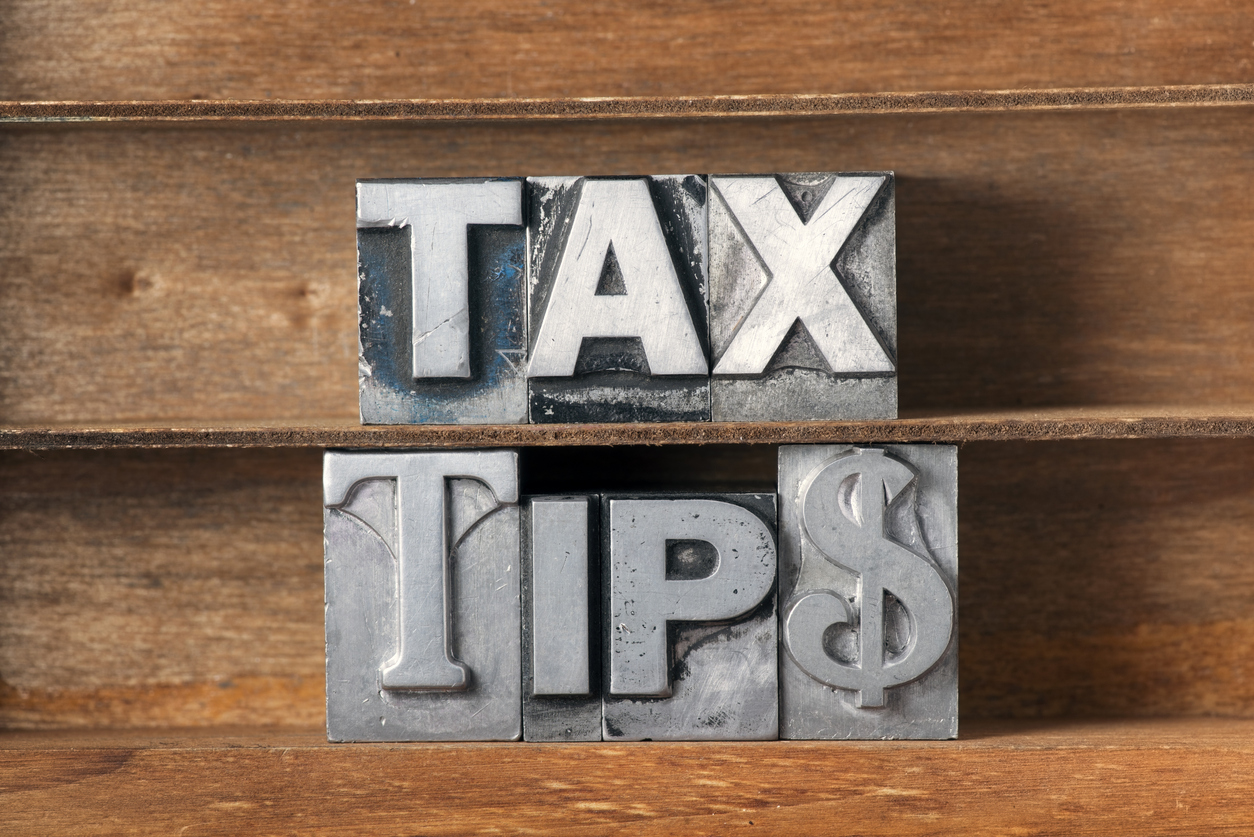
Self-employed workers and businesses that fail to pay their tax return by the deadline of October 31st are charged a penalty. In practice, this means Revenue will charge businesses an additional 10% on the tax owed.
Where possible, file and pay your tax return ahead of time. Being prepared prevents any nasty surprises coming out of the woodwork and sets important boundaries around finance management. Established businesses and self-employed people with steady revenue and income streams can pay preliminary tax for the current year through self-assessment, using reliable business projections and past tax records.
2. Accurate records are everythingAccurate records are essential in filing tax returns. Keep evidence of all purchases and sales, including monies paid in and out. Unintentional mistakes in record keeping can lead to audits by Revenue, which costs the business time and potentially money (in the form of penalties).
Prevent errors by keeping accurate records and enlisting the assistance of an accountant to assist in submitting tax returns. Having supporting documentation to back up your tax returns and claims is a business essential.
Understand what Tax Deductions apply to your situation as a self-employed person. A tax deduction allows self-employed people to claim allowable expenses against their tax. Allowable expenses include advertising and insurance costs, wages, salaries and associated employee costs, and purchasing assets, among others.
Ensure you are taking full advantage of allowable business expenses and deductibles to avoid overpaying and to reduce your tax bill.
TA word of warning, especially for those that have just started their journey as self-employed, only claim business expenses that are reasonable and fair. This is particularly relevant in the era of remote working and working-from-home, where it can be difficult to assess the reasonable cost of rates, rent, power, and so on.
If there is uncertainty around the amount that can be charged as a business expenses, err on the side of caution and keep estimates conservative. Employ the expertise of a trusted accountant or tax expert where necessary, as they will be best placed to help you arrive at a fair, evidenced amount.
5. Become an expert at online tax returnsIn recent years, governments have invested huge capital in online tax returns and filing systems. Become well acquainted with the relevant online tax return system for your business. It will make filing and paying tax less painful and more efficient, something that can be easily achieved in minutes with the help of well-kept, accurate records.


